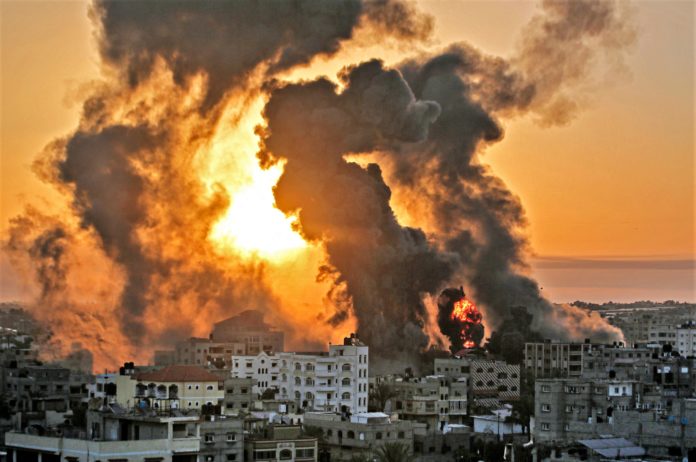After the killing of more than 240 people in Gaza, and 12 in Israel mostly civilians the 11-day-long conflict between Israel and the Palestinians finally ended with a ceasefire on Friday, May 21, but fears of a fresh escalation continue to haunt the region. Like in the past, this latest bout of fighting basically proved to be a one-sided affair because of the massive technological superiority which the Israeli war-machine enjoys over its rivals. However, it has, once again, underscored the urgency of finding permanent solutions to protracted conflicts like Palestine and Kashmir, which have the potential to explode and spin out of control.
This was not the first ceasefire to be brokered between Israel and Palestine and neither will it prove to be the last one. Since 1948, the Palestine question has kept dragging on from one decade to the next. Occasionally, there was a glimmer of hope for a peaceful settlement, only to be shattered.
I am among the few Pakistanis, who have had the opportunity of visiting Israel and observing and experiencing it first-hand. This opportunity came in May 2003, shortly after the World Economic Forum (WEF) in the Dead Sea Resort of Jordan thanks to my friend ‘Lord’ Zahid Rahim, the then head of Standard Chartered Bank for the seven Levant countries, including Israel.
My visit to Israel was at the request of an extraordinary human being, an Israeli of Hungarian origin, the late Col. David Yarkony, who was very fond of Pakistan and used to compare it to Israel, as they both were created on the basis of religion. He would frequently comment on articles in my publication, the Defence Journal. Col. Yarkony was a witness and a victim of the Holocaust. He was 14 years old when, at breakfast time in mid-April 1944, the German ‘SS’ (a major paramilitary organisation under Hitler) took him and his parents to a railway station. The young David Yarkony saw his mother for the last time when they arrived in Auschwitz. His father died four months later, when he was given a lethal injection. After Yarkony was freed from a concentration camp in 1945, it took him almost three years to work his way from Germany to Italy and onto a dilapidated cargo ship en route to Palestine.
I met a wide variety of people in Israel. During my animated discussions with Professor Efraim Inbar and his colleagues at the Begin-Sadat Centre for Strategic Studies (BESA), Bar-Ilan University, they explained Israeli’s point of view regarding the occupation of the West Bank and Jerusalem. I compared it to the Indian occupation of Kashmir. A number of distinguished diplomats gave me a briefing on Israeli’s foreign policy towards the Palestinians, and the Muslim world. Despite the Arafat/Rabin peace deal, the Israelis barely concealed their contempt and mistrust of the Palestinian leader. I had lunch at the King David Hotel, where I met with some Arab dignitaries. At the Institute for Counter-Terrorism (ICT), I learnt first-hand, from the world-renowned counter-terrorism expert, Col. Jonathan Fighel, how the war in Afghanistan had contributed to international terrorism and the means Israelis employed in their “war against terrorism.”
Brig. Gen. (Retd) Ephraim Sneh MD, Member of Knesset, the Israeli Parliament, and Chairman Sub-committee on Defence Planning and Policy, was vocal about having wide-ranging relations with Pakistan, covering all mutually beneficial sectors. At no time did I find any animosity or ill-feeling towards Pakistan, or Muslims for that matter among those whom I met. A mistrust of the Palestinians, and by extension the Arabs, however, certainly existed.
Moving around Israel, with its well-stocked stores, fast food outlets and chic boutiques, is like being in a European country except that on the roadside and at bus stops you will occasionally find uniformed soldiers, young men and women carrying rifles. They carry their personal weapons even when they are not on duty. Reservists keep their personal weapons at home so that if need be they can arrive at their pre-designated locations bearing arms. Except for a couple of retired persons, the Israelis generally acknowledged that they would have to co-exist with the Palestinians though not many relished the thought, because of Hamas in particular. Security was tight but fear and apprehension were not so visible within Israel itself. This was in sharp contrast to the West Bank, where military vehicles were to be seen in abundance and there was a palpable air of fear and suspicion between the Israelis and the Palestinian pedestrians.
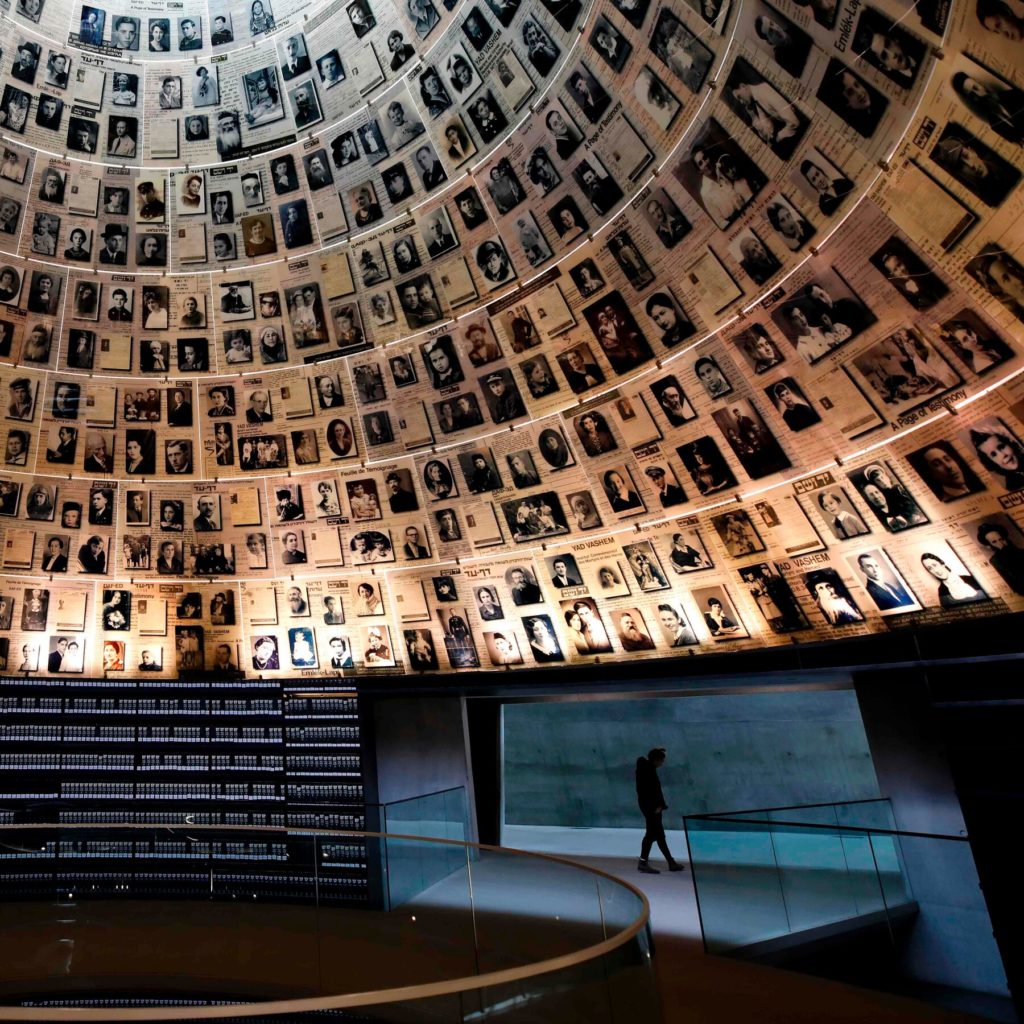
Ilam Fluess, First Secretary, Ministry of Foreign Affairs, accompanied Col. David Yarkony, who drove me from Tel Aviv to Jerusalem, and to the Holocaust Museum. I walked through the Christian, Jewish and Muslim quarters in Jerusalem without any restrictions. He managed a special trip to the Wailing Wall (at some risk to himself), and into the adjoining tunnel, where excavation work to unearth the base of the Second Temple (A Jewish holy temple on the Temple Mount) was in progress. Not comfortable with my proposed visit to the old Jerusalem, the Israelis said they could not guarantee my safety, but left it to me to decide.
There was no way I was going to miss out on the opportunity to visit the Al Aqsa Mosque and the Dome of the Rock Mosque. When the Israeli and Palestinian guards at the gates of the holy sites came to know that I was a Pakistani, a couple of Palestinian security personnel were unofficially deputed to give me a conducted tour. The high point of the tour was getting a chance to offer my Zohr prayers in the Al Aqsa Mosque, Asr prayers at the Dome of the Rock Mosque and later a quick prayer in the Khandaq.
My 2003 visit to Israel was during the second Intifada, which had started in 2000 after the then Israeli Prime Minister Ariel Sharon made a controversial visit to the Temple Mount. Approximately 3,000 Palestinians and 800 Israeli citizens lost their lives before it subsided five years later in 2005. It ended with the construction of the West Bank barrier, but it did see an Israeli withdrawal from the Gaza strip.
Fast forward to 16 years later once again, the trouble began in one of Islam’s holiest sites because of the brutality of the Israeli police on March 1, 2021. Earlier 230 Jewish extremists had stormed the Temple Mount once the Israeli police allowed them to enter the Al-Aqsa Mosque. Both the Palestinian Authority and Jordan protested against this provocation, which continued, culminating in the desecration of the Al Aqsa Mosque during the Holy Month of Ramadan as extremist Jewish elements again chose to demonstrate on the Temple Mount on Jerusalem Day. On May 10, there was a major escalation when Hamas fired hundreds of rockets from Gaza in retaliation, leading to a massive Israeli reaction, in which more than 240 Palestinians, including women and children, were killed and many more were injured. Israel did not even spare the media, destroying the high-rise building housing the representative offices of most of the world media, including Al-Jazeera and the Associated Press (AP). Israeli troops massed on the borders adjacent to the Gaza strip, posing an imminent threat of a ground attack.
Will there be a third Intifada? I think so with disastrous consequences of unknown proportions. It could prove to be a major setback for the developing Israeli-Arab relations, which had seen a breakthrough with the recognition of Israel by Arab states (the Abraham Accords), led by the United Arab Emirates (UAE) and Bahrain and followed by others, with simultaneous establishment of diplomatic relations and progress on the economic and trade front as well. Clearly the friendship is based on the Chanakya formula of, “an enemy of an enemy is a friend.” Mid-wifed by Jared Kushner, former President Trump’s son-in-law, this took into account four factors, namely the Arab insecurity at Iran’s military prowess, in particular its nuclear potential and the means to deliver; Israel’s compulsion to address concerns regarding its own security, especially since it is surrounded both within and outside by hostile forces; US security imperatives to secure Israel in the region; and finally the West’s need to deny Russia and China access to Middle East oil and the Indian Ocean. Unfortunately, a third Intifada may render this impossible. As it is, Saudi Arabia, snubbed by the Biden Administration, has begun adjusting its foreign policy orientation. From following the UAE and others into building a full relationship with Israel, it is now looking to step back and shore up its previous diplomatic stance, particularly with non-Arab countries like Turkey and Pakistan and, through them, effect some sort of settlement with Iran.
This leaves the UAE in a precarious position. A major casualty of the possible third Intifada, which could
follow a limited war, may be the Abraham Accords. Jared Kushner famously belittled the Palestine issue as merely a “real estate” problem. The UAE, which took a courageous but calculated risk, is now out in the cold because of circumstances beyond its control.
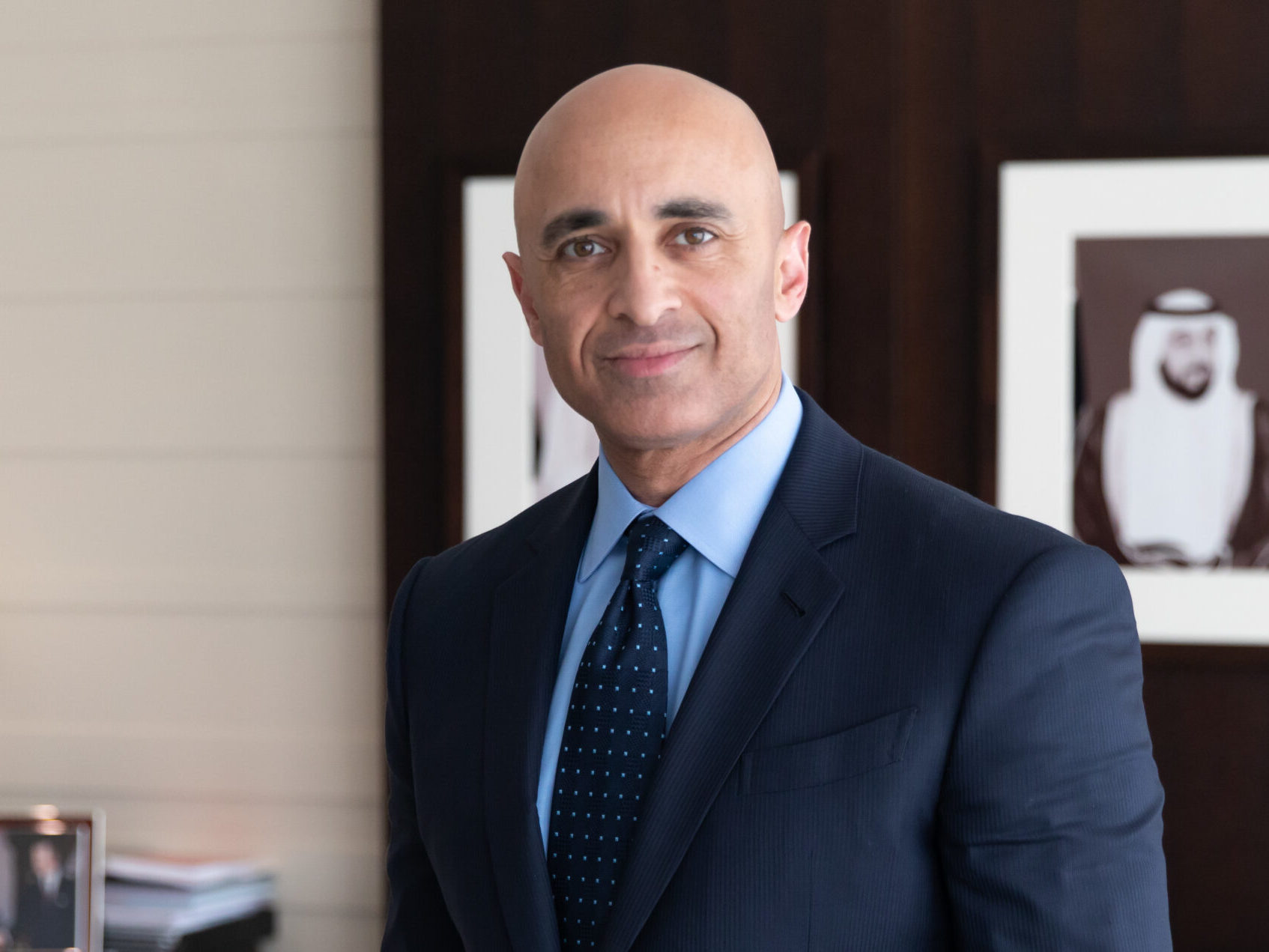
My good friend, and a fellow East West Institute (EWI) Director, Yousef Al-Otaiba, the UAE Ambassador to the US, who was the UAE Crown Prince’s architect in forging a very close relationship with the US, must be in a fix, certainly not of his making. While the Abraham Accords temporarily held in abeyance the connotations, of Kushner’s “real-estate” statement, it did not cater for the religious and military consequences of a conflict dating back thousands of years. The Trump Administration miscalculated by imagining that the commercial factor in the anti-Iran Arab alliance with Israel would over-rule and ignore the core Palestinian issues. And Israel miscalculated by thinking that other than the Iran factor, the Arabs would look the other way while they ruthlessly crushed the Palestinians. Notwithstanding the myriad factions being supported by different Arab and non-Arab Muslim countries, they are all united on this issue.
While the Arabs are now scrambling to mend fences with the non-Arab world, the UAE, a great model for Muslims everywhere, cannot afford to be out on a limb. Remember what Chinese premier Zhou Enlai told Henry Kissinger about Pakistan during his secret July 1971 visit (facilitated by then Pakistani President, Gen. Yahya Khan) to China to start the dialogue process: “Do not forget the bridge you have crossed, you may have to cross it again.” We have close ties with the UAE; new friends cannot equal our worth and trust when the going gets tough! Another complicating factor, given the dynamics of Israel’s internal politics, is that Netanyahu has a better chance of forming a coalition with the help of extremists rather than his opponents; thus it is in his interest to keep the conflict going. Consequently, the Middle East has become a very dangerous flashpoint.
One cannot condone Israel’s brutalities on the Palestinians in the Occupied Territories. The situation is going from bad to worse. However, one must now search for a pragmatic and peaceful means to end the occupation to mitigate the sufferings of the millions of uprooted Palestinians. Most of the Israelis I had met in 2003 conceded that the Second Intifada was extremely successful in arousing world public opinion against the Israeli occupation. By contrast, the suicide bombings, that followed 9/11, attracted adverse world reaction and gave Israel the “casus belli” to justify the building of a concrete wall to keep the suicide bombers out. There is a permanence about it which cannot be morally justified. But how does one take away the right of self-defence from being a part of self-preservation? This Catch-22 situation exists for both sides.
If Israel wants to be accepted as part of the world order it exists in, it must learn to co-exist with the Palestinians. If the Palestinians want a state and the return of their lands, at least partially, they cannot get it through the barrel of a gun. It is tragic that in the dying moments of the Clinton Administration, Yasser Arafat made the worst possible choice by stepping back from a comprehensive agreement. Today’s terms are nowhere near what was on the table at that time.
Diplomats in Israel’s Foreign Ministry pointed out to me in 2003 that what the Arabs had lost on the battlefield in four wars, the Palestinians had won back (at least some of it), on the negotiating table. Arab countries, such as the UAE, Bahrain, Morocco, Egypt, Algeria and Qatar, have diplomatic relations with Israel. In 2005, Turkey was not only the only non-Arab Muslim country to have diplomatic relations with Israel, but it also had an ongoing and active military programme with them. Under Erdogan, this has not only been stopped, but reversed.
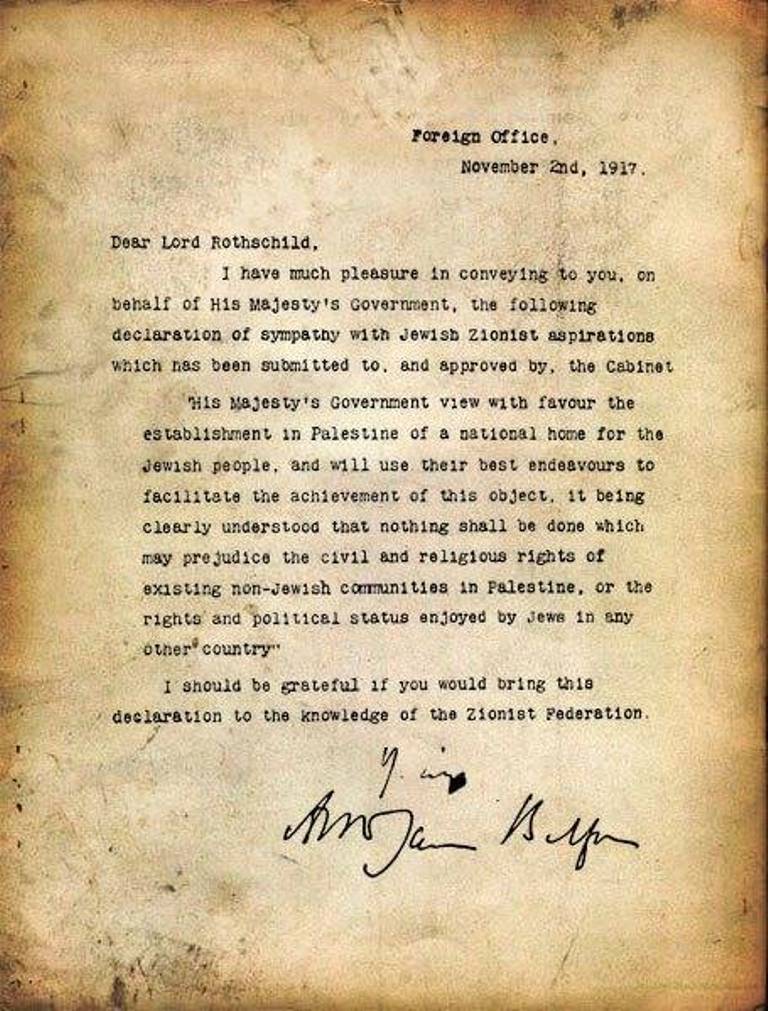
The Holocaust was a reality, it was a horror of unimaginable proportions visited on the Jews by Hitler and his cronies, none of whom adhered to the Muslim faith. Moreover, instances of pogroms against the Jews by Christians existed through the centuries, the most notorious being the Inquisition in Spain. It may be recalled that before the 20th century and the Balfour Declaration, Muslims and Jews lived together in peace and amity unfortunately, the Balfour Declaration made it a “real-estate” problem, as Jared Kushner infamously put it. Muslims have since been pitted against the Jews. What is conveniently forgotten is the repression and atrocities perpetrated on Jews by Christians. Unfortunately, it is only the Muslims who have ended up getting the short end of the stick.
Consequently, Jews are bad-mouthed in our country. But personally speaking, on coming into contact with Jews, I found them to be as good (and as bad), human beings as anyone else. One of my best friends was the late American businessman Frank Neuman. Marc Siegel, an American physician and Professor of Medicine at the NYU Langone Medical Centre, is more like a brother to me. Why have we been demonising an entire race on the basis of religion?
Incidentally, our relationship with the Palestinians is one-sided; we have always supported them through thick and thin, but they have never supported us on Kashmir. Their dislike of Pakistanis is attributed to a gross distortion of facts that Pakistani troops killed Palestinians in large numbers during their uprising against King Hussein of Jordan in 1970.
Visiting Jordan in May 2018 for an East West Institute (EWI) Board Meeting, our Chairman Ross Perot Jr arranged a meeting of the Board Members with King Abdullah. I mentioned the role Pakistan played in stabilising the Kingdom in 1970, when the PLO (Palestine Liberation Organisation) and the PFLP (Popular Front for the Liberation of Palestine) virtually took over Amman. The PLO had its headquarters in Hotel Intercontinental. The Kingdom itself was invaded by an armoured column of a Brigade plus from Syria. The Jordanian Commander of their 3rd Armoured Division at Irbid, Maj. Gen. Qasim Motta deserted the force. It was our troops from an anti-aircraft regiment, who aided the Jordanians in stopping the Syrian advance at Irbid, while shoring up the Jordanian monarchy in Amman. Our soldiers secured critical command and control areas, including several royal compounds, giving personal protection to the King and the royal family, in Amman and in the vicinity. At no time, was there a single exchange of fire between the Pakistanis and the Palestinians. However, at Irbid, some Pakistani soldiers lost their lives while defending Jordan, which no other Muslim soldier from any other country did. King Abdullah brusquely brushed this information aside, so much for gratitude! However, his father, King Hussein, and his uncle, Crown Prince Hassan in particular, who were then the main players in Jordan in 1970, always remained grateful to Pakistan. The “killing of Palestinians” by Pakistani soldiers is a total fabrication and we are wrongly vilified by the Palestinians. Incidentally, Pakistan played a crucial role in the subsequent disengagement of the Jordanian Armed Forces from the PLO and PFLP, that had virtually taken over Amman. The Palestinians then moved their military assets to Lebanon, with unfortunate consequences for that paradise.
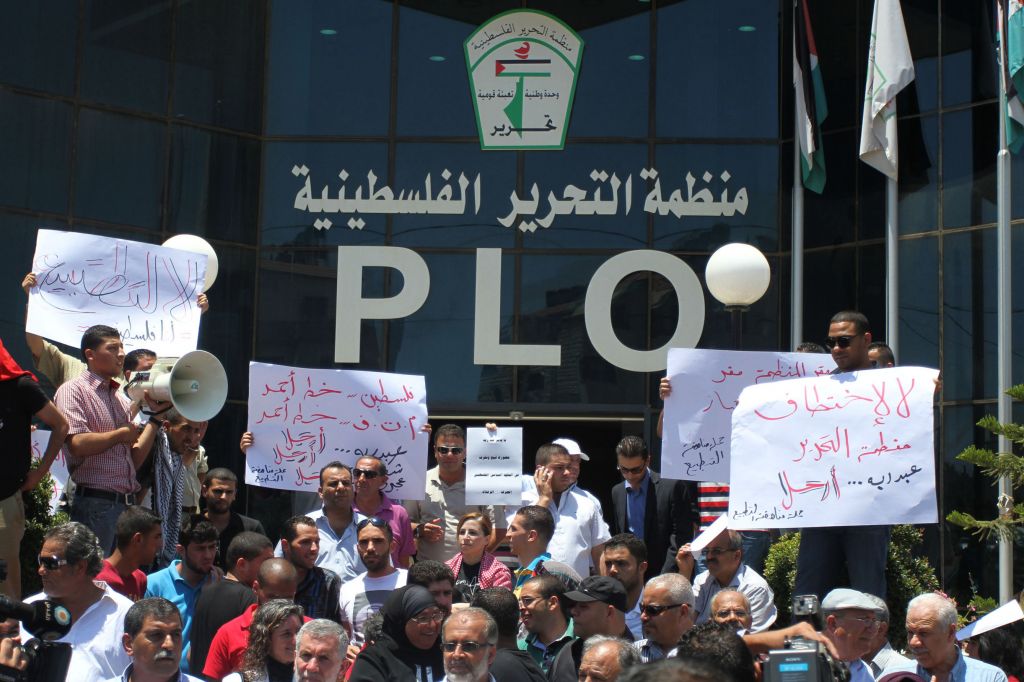
I certainly condemn the Israeli brutalities against Palestinians resulting in massive loss of innocent lives, including women and children, and property and have full sympathy for their plight. I also condemn the ‘suicide bombings’ and the loss of innocent Israeli lives. Every action has a reaction and this deadly cycle must stop. An ongoing dialogue with Israel will help in convincing them that a permanent peace, based on co-existence with the Palestinians, is possible. We cannot generalise and label or tar any race and/or religion by a single brush. All Israelis are not zealots and all Zionists are not bigots.
Recognition of Israel must not be weighed in terms of pluses and minuses, but on the need to bring all human beings into the world’s melting pot irrespective of race, religion or creed. In 2003, I had strongly proposed that while we should withhold full diplomatic relations till the question of a Palestinian state is resolved, we must recognise Israel’s right to exist as a nation. I believe that if the cost of a permanent peace is to ensure an honorable place in the sun for Israel, that is a small price to pay.
This Article was Printed in Narratives Magazine


